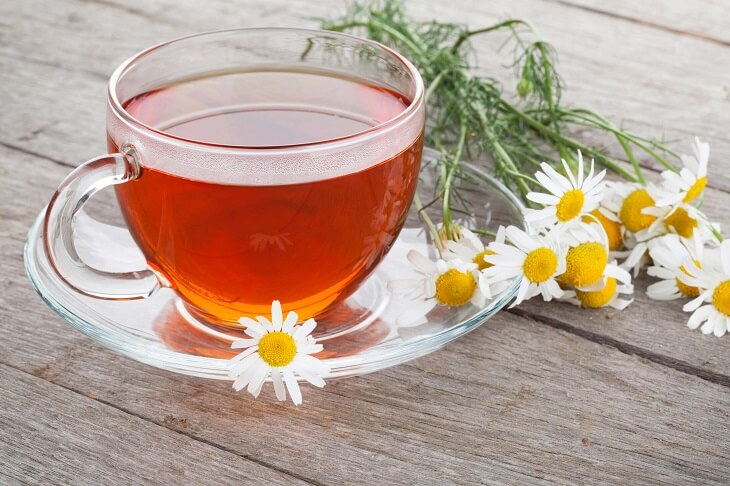Upset or nauseated stomachs are unpleasant to say the least. They may strike at any time, while driving the car, when feeling anxious or ill. Taking anti-nausea tablets can leave you with a headache, make you feel dizzy, drowsy and cause bowel problems.
Luckily, the answer to fast and natural relief may be simpler than you think – tea.
Tea can help perk you up in the mornings and wind you down in the evenings. Teas offer a wide range of health benefits, including calming properties, and assist in digestion, metabolism, weight management and complexion. So, it shouldn’t come as a surprise that it’s been found to help ease upset stomachs and nausea.
Nausea can be caused by motion sickness, morning sickness, anxiety, depression, thyroid disorders, migraines, chemotherapy, medication and gastrointestinal disorders.
These are the top five teas to help and ease an upset stomach, according to Mind Body Green.
Peppermint tea
Mint is known to aid digestion by relaxing the digestive system, reducing abdominal pain and gas. While studies have been conducted on peppermint oil, it is assumed that it is the mint contained in both mint oils and peppermint tea that offers these benefits. It is also rich in nutrients and has been found to improve brain function, ease cold symptoms and help maintain a healthy weight.
Fennel tea
Dietitian Isabel Smith says fennel eases the muscles of the digestive tract, which helps to ease discomfort. Fennel tea has been found to reduce bloating and nausea, particularly during menstruation. Fennel also contains a number of properties including zinc, folate, phosphorous and vitamins E and K. It offers other health benefits including helping bone health, blood pressure, heart health, metabolism, reduce inflammation and supports weight management.
Ginger tea
When you feel queasy, you may reach for a glass of ginger ale. If you’ve noticed that this has helped to ease nausea in the past, it is because of the ginger. Integrative dietitian Ali Miller told MBG that ginger contains, “antiemetic and carminative functions, which aid in the breakdown of gas and support bowel movements”. However, according to expert dietitian Jess Cording, the soda may actually increase discomfort. For this reason, you should opt to reach for a mug of ginger tea instead.
Liquorice tea
You’re probably most familiar with liquorice when it appears in the confectionary aisle at the supermarket, but liquorice root is a plant that offers a range of health benefits. Liquorice tea can reduce the symptoms of indigestion and nausea and is commonly used as a gastrointestinal remedy. Liquorice root has also been found to soothe sore throats, help treat liver disease, gum disease, prevent cavities and severe acute respiratory syndrome (SARS). Liquorice root tea has been shown to have antiviral properties to help treat hepatitis C, HIV, hand-foot-and-mouth disease and the flu.
Chamomile tea
One study found that chamomile can be used to help treat a range of gastrointestinal issues including fluctuance, ingestion, diarrhoea, nausea, motion sickness and vomiting. Along with easing an upset tummy, it can help to calm you before bedtime, lower blood sugar, reduce inflammation, improve sleep and even help to prevent osteoporosis.
Are you a tea drinker? Do you swear by the health benefits? What types of tea are your favourites and why? Share your thoughts in the comments section below.
Also read: The beautiful history of tea

